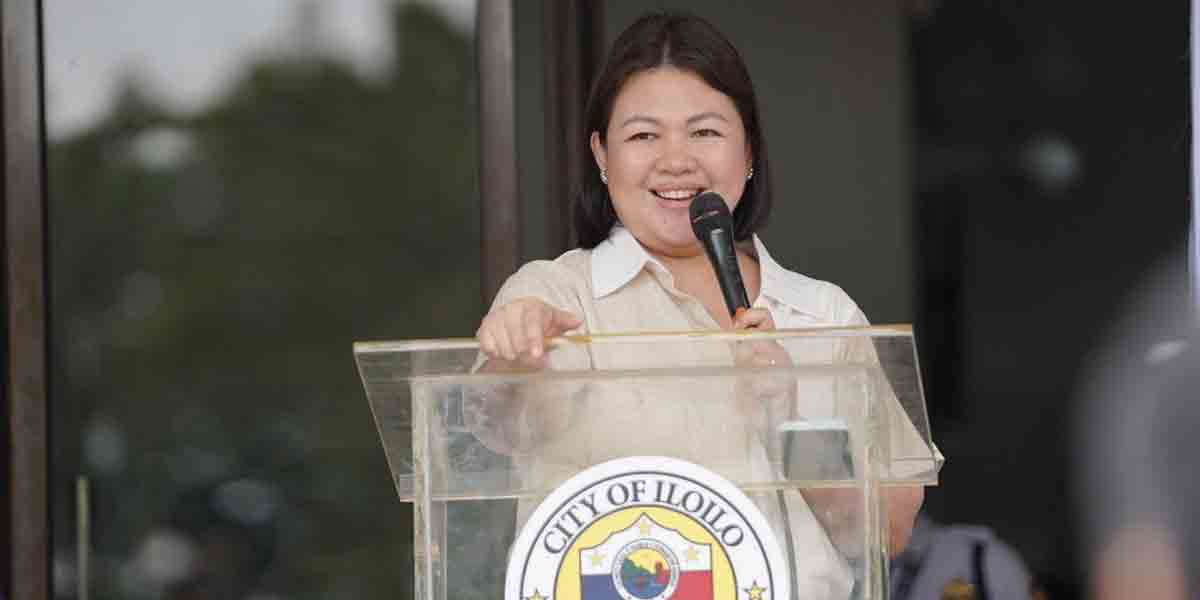The Senate’s decision to remand the impeachment case against Vice President Sara Duterte to the House of Representatives sets a troubling precedent. It threatens to warp the constitutional balance between co-equal branches of Congress.
No less than the Senate President himself, Chiz Escudero, took his oath as presiding officer of the impeachment court on June 10, signifying the chamber’s readiness to fulfill its constitutional duty to try and decide. But after a motion by Senator Ronald “Bato” dela Rosa, a known Duterte ally, the Senate swerved. The motion, seconded by Senator Alan Peter Cayetano, resulted in an 18-5 vote that returned the articles of impeachment to the House, despite the lower chamber having already transmitted them. This was not a dismissal, they said, only a remand.
Yet the Constitution provides no such off-ramp.
The move defies the principle that the House has the sole power to impeach, while the Senate has the sole power to try all impeachments. What the Senate effectively did was tell the House to double-check its own work, as though the upper chamber had the authority to supervise or instruct its co-equal partner. That is not how checks and balances work.
The Senate cannot act like the House’s school principal, correcting papers and sending them back for revision. The moment the articles of impeachment were transmitted, the duty of the Senate was clear: to conduct a trial, not to stall it under a procedural guise.
This action casts doubt on the Senate’s institutional independence. It is especially alarming that this redirection came from allies of the very official facing impeachment. Regardless of partisanship, every senator must understand that their loyalty lies not with personalities, but with the Constitution and the people.
Senate President Escudero’s pivot deserves scrutiny. His earlier actions, swearing in as presiding officer and setting the June 10 session for senator-judges to take their oaths, indicated that the Senate was prepared to function as an impeachment court. His sudden support for remanding the case raises questions.
If the Senate was ready to convene and try, why the retreat?
Escudero explained that the motion did not dismiss the case. But it did derail the trial, and that’s what matters. The public expected a hearing of facts, not a parliamentary dodge. When political expediency overrides constitutional clarity, no amount of legalese can justify the betrayal of public trust.
The timing is no coincidence. With Congress adjourning on June 13, the remand all but guarantees that no trial will happen in the 19th Congress. Whether the 20th Congress will act on the remanded case is an open question, one that could stretch indefinitely.
Delay, in this case, is not just a matter of procedure. It is a strategy. By punting the case to the next Congress, the Senate avoided taking a position on a politically volatile issue while shielding an ally from immediate scrutiny.
This leaves the public in a state of uncertainty. Impeachment is in limbo, accountability is on hold.
Rodrigo Duterte himself once asked, “Kung wala kang kasalanan, bakit ka matatakot?” That same question now hangs over the Senate and the Vice President. If there is no wrongdoing, why not proceed with a trial and clear her name?
The Filipino people deserve answers, not technicalities. They deserve a Senate that acts with courage, not calculation. And they deserve a system where constitutional duties are carried out with conviction, not evasion.
For a country still struggling to strengthen institutions and rebuild trust in public processes, this remand sends the wrong message. The powerful can still rewrite the rules to suit their needs.
The Constitution did not grant the Senate the power to remand. It granted the duty to decide.
The Senate has failed that duty, and the people must not forget.






















